I Recreated Monsters Into Their Cute Alternative Versions, And Here Are The Best 15 Of Them
Categories: Art | Beauty | Design and Architecture
By Vika https://pictolic.com/article/i-recreated-monsters-into-their-cute-alternative-versions-and-here-are-the-best-15-of-them.htmlHey there! It's October, which means it'll be Halloween before you know it. To celebrate, I thought I'd use the magic of AI to turn some famous monsters into adorable 3D renders. Enjoy, creeps!
15 PHOTOS
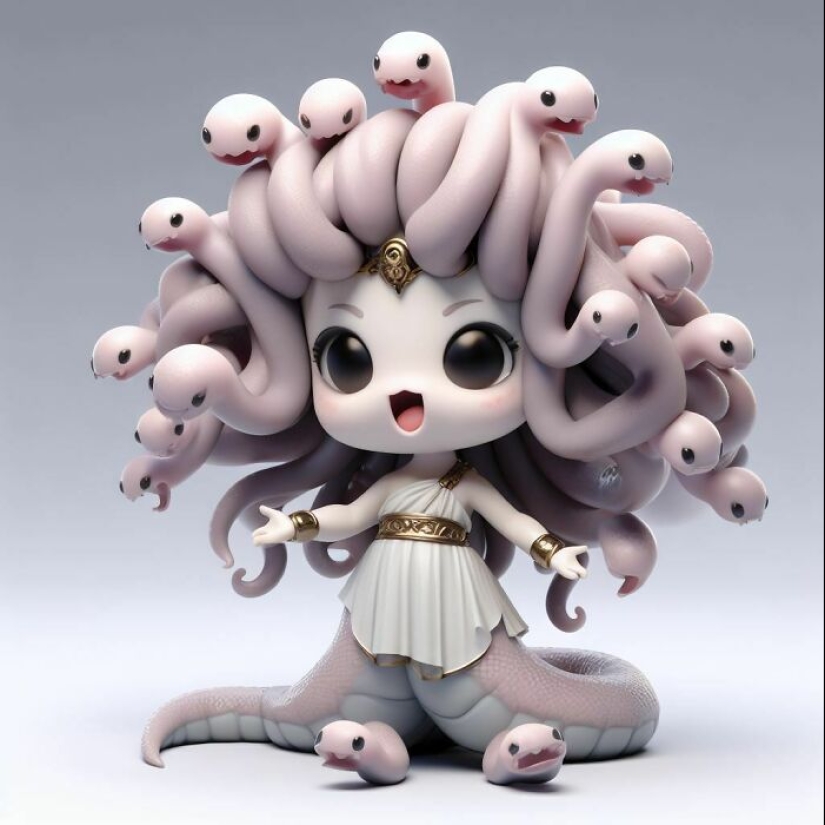
#1 Medusa
Medusa is a figure from Greek mythology. She is one of the three Gorgon sisters, and she is often depicted as a monstrous woman with snakes for hair. Anyone who looked into her eyes would be turned to stone, making her a fearsome and deadly creature. Perseus, a hero in Greek mythology, famously defeated Medusa by using a mirrored shield to avoid looking directly at her and then beheading her while she slept. Her severed head still retained its petrifying power and was later used as a weapon by Perseus. Medusa's story has been a popular subject in art, literature, and mythology, often symbolizing the dangers of vanity and the power of female beauty.
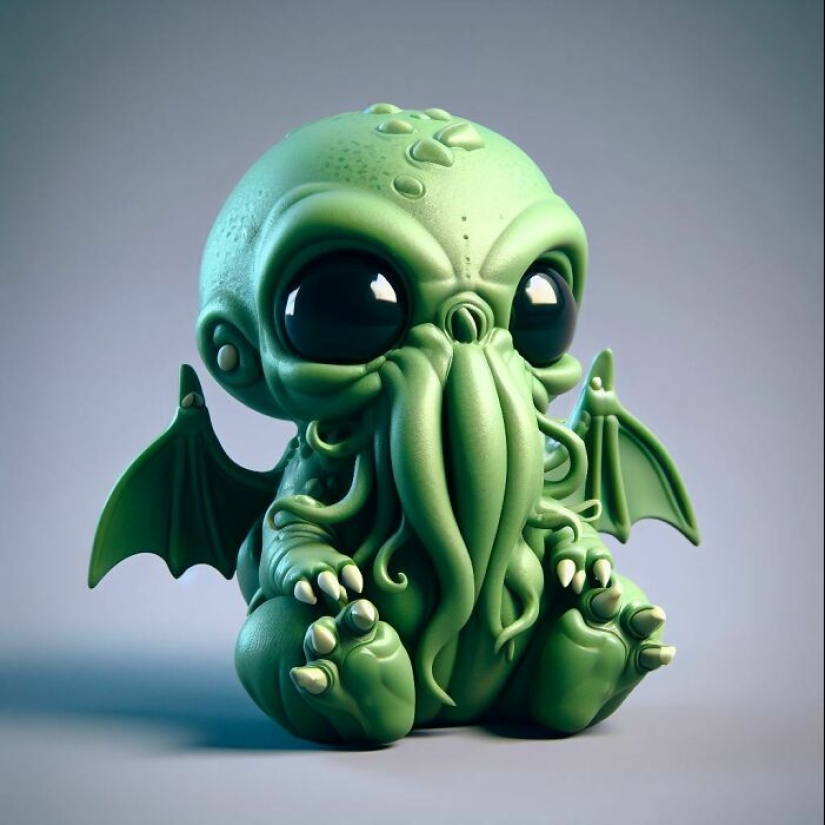
#2 Cthulhu
Cthulhu is a fictional cosmic entity created by author H.P. Lovecraft. It first appeared in the short story "The Call of Cthulhu." Cthulhu is often described as a monstrous, ancient being with a humanoid shape but possessing tentacles on its face. It lies dormant beneath the ocean in the sunken city of R'lyeh, awaiting its eventual return to wreak havoc on humanity. Cthulhu is a central figure in Lovecraft's Cthulhu Mythos, representing cosmic horror and the insignificance of humanity in the face of incomprehensible cosmic forces. The character has become an iconic symbol of horror in popular culture.
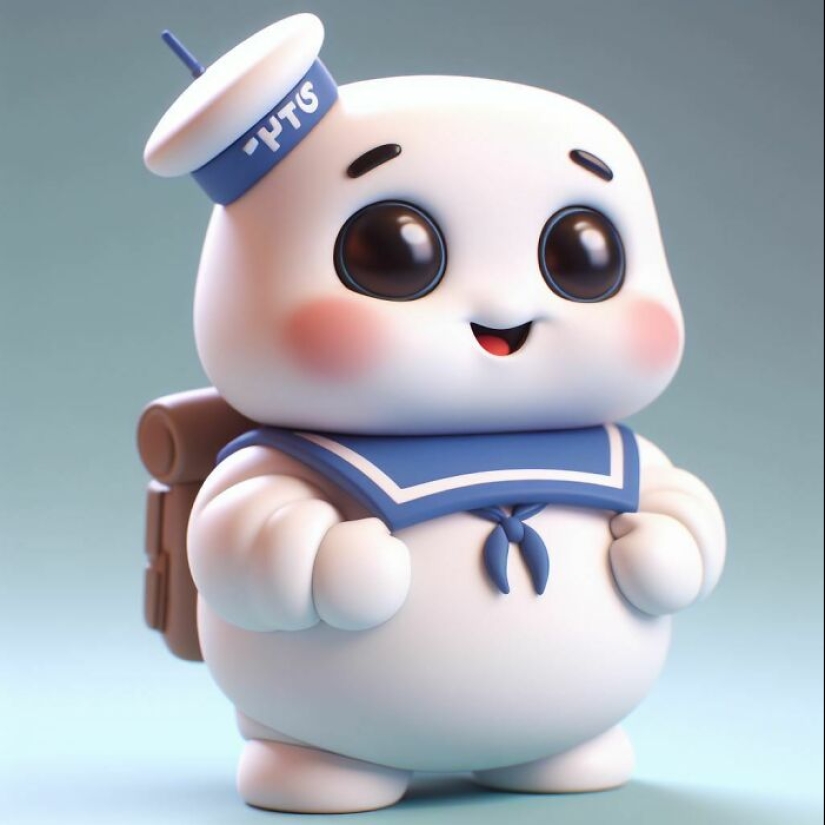
#3 Stay-Puft Man
The Stay Puft Marshmallow Man is a fictional character from the 1984 supernatural comedy film "Ghostbusters," directed by Ivan Reitman. In the film, the Stay Puft Marshmallow Man is conjured as a result of a supernatural event and becomes a giant, rampaging, marshmallow-based monster that terrorizes New York City.
Stay Puft is known for its jovial appearance, resembling a large marshmallow mascot, but its destructive capabilities make it a formidable adversary for the Ghostbusters. The character has since become an iconic symbol of both the "Ghostbusters" franchise and 1980s pop culture, representing the unexpected and absurd supernatural threats that the team faces in their comedic ghost-hunting adventures.
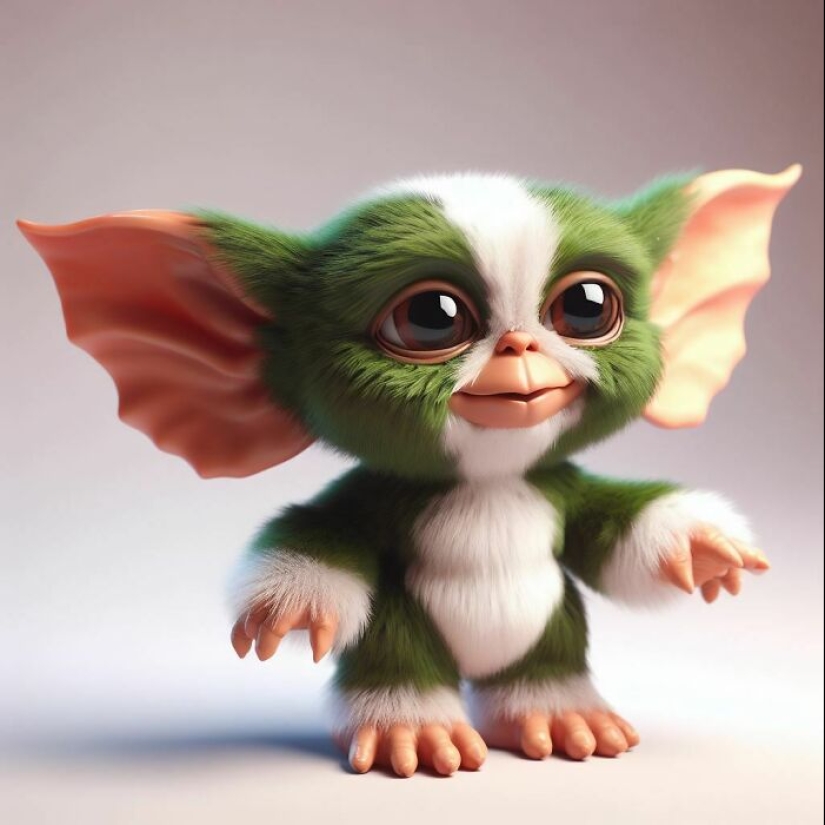
#4 Gremlin
Gremlins are fictional creatures known for their mischievous and destructive behavior, often portrayed as small, impish beings. The concept of gremlins has its roots in British folklore but gained significant popularity during World War II as a sort of superstition among pilots, who believed that these gremlins were responsible for mechanical failures on aircraft.
Gremlins became widely recognized in popular culture through the 1984 horror-comedy film "Gremlins," directed by Joe Dante. In the film, the gremlins are portrayed as cute and harmless creatures, but when they come into contact with water or eat after midnight, they transform into destructive and dangerous monsters. The movie's success led to a sequel, "Gremlins 2: The New Batch," in 1990. Gremlins have since become iconic figures in the realm of creature features and horror-comedy.
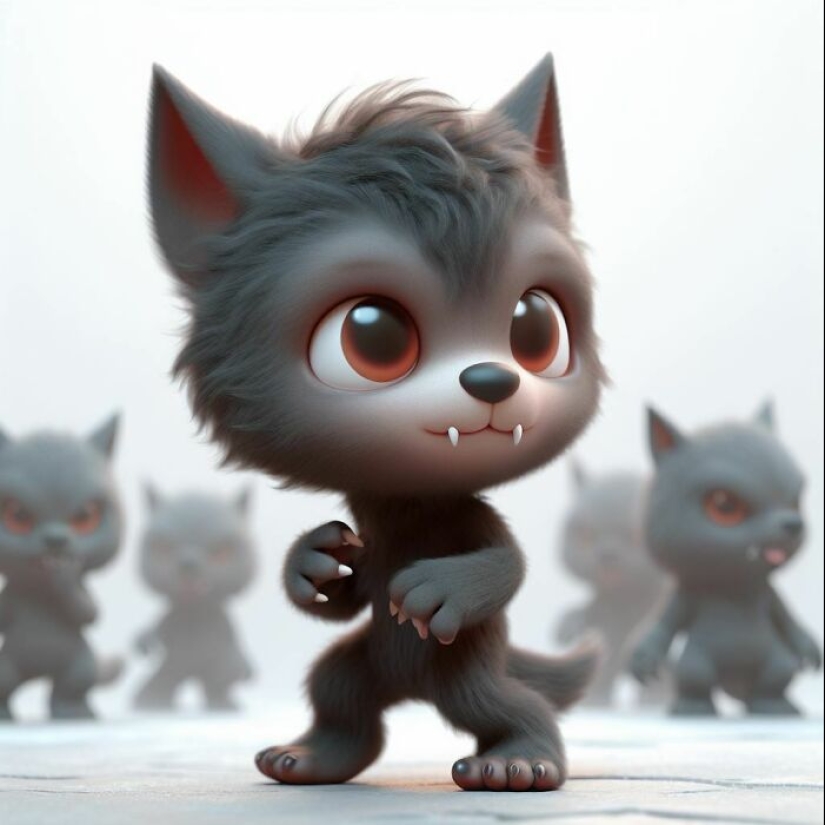
#5 Werewolf
A werewolf is a legendary creature often depicted in folklore and horror fiction. It is typically portrayed as a human who can transform into a wolf or a wolf-like creature, usually during a full moon. The transformation is often associated with uncontrollable rage and a craving for human flesh or blood.
The concept of werewolves has been part of various cultures and mythologies for centuries, with stories varying across different regions. Werewolves have appeared in numerous films, books, and other media, contributing to their enduring popularity in the horror genre. The idea of the werewolf explores themes of transformation, inner conflict, and the duality of human nature.
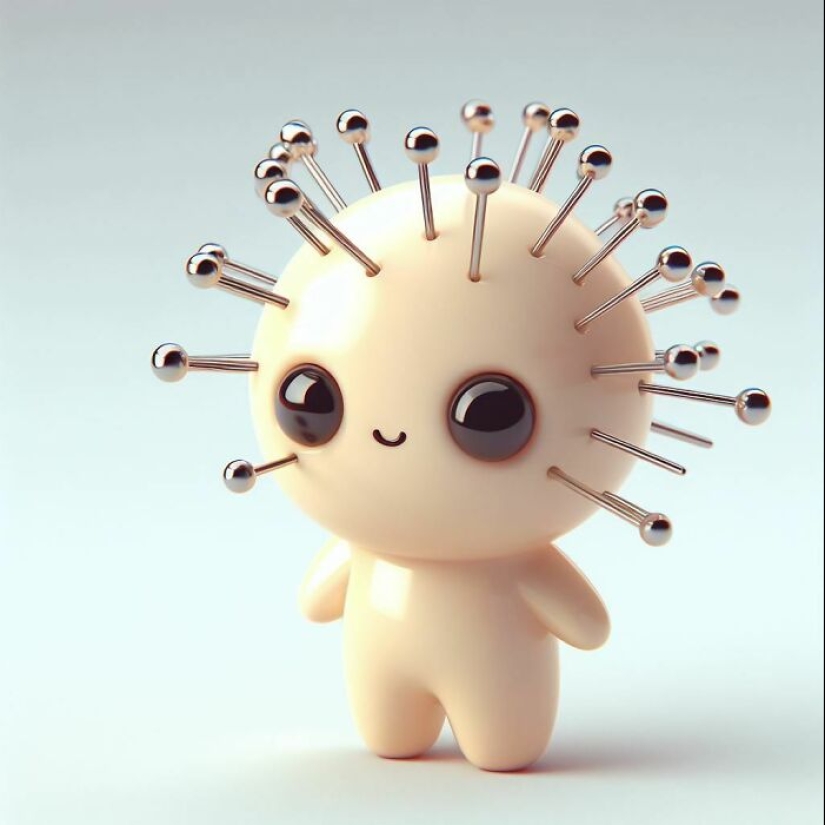
#6 Pinhead
Pinhead is a fictional character from the "Hellraiser" horror franchise created by Clive Barker. He is the leader of the Cenobites, a group of extradimensional, sadomasochistic beings who explore the boundaries between pleasure and pain. Pinhead is known for his distinctive appearance, featuring a grid-like pattern of nails driven into his bald head, and a penchant for delivering gruesome, otherworldly punishments to those who open the puzzle box known as the Lament Configuration.
The character has become an iconic figure in the horror genre, appearing in multiple films, novellas, and comics within the Hellraiser universe. Pinhead represents a unique blend of horror and dark philosophy, often challenging conventional notions of pain and pleasure in a terrifying and thought-provoking manner.
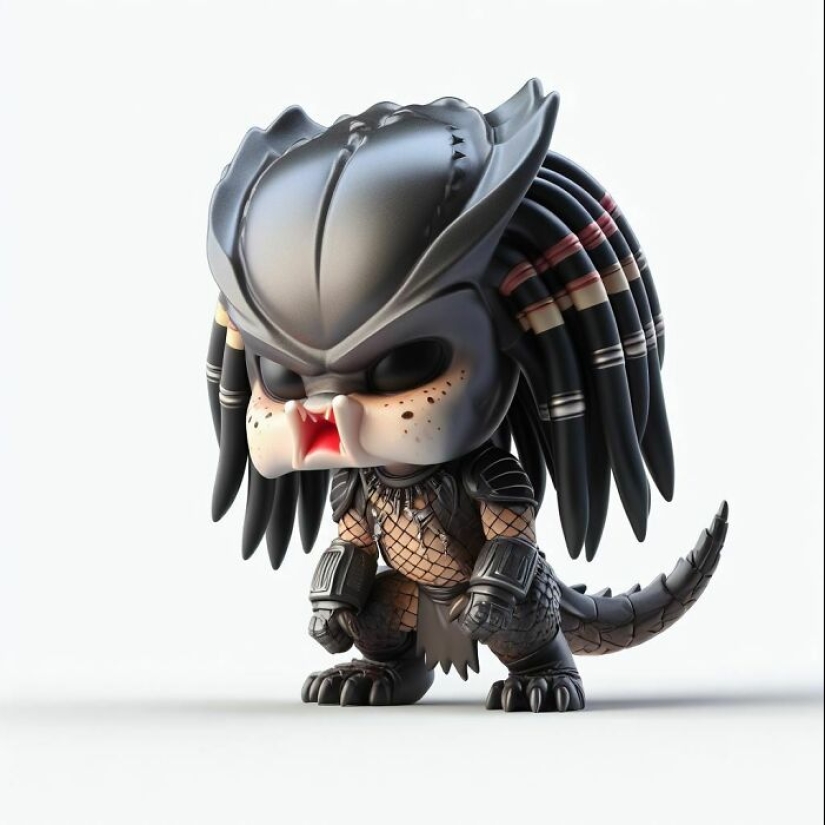
#7 Predator
The Predator is a fictional extraterrestrial species and a central character in the "Predator" film franchise. First introduced in the 1987 film "Predator," directed by John McTiernan, these creatures are known for their advanced technology, hunting prowess, and distinctive appearance, including mandibles and thermal vision.
Predators travel to other planets to engage in hunting humans and other formidable prey as a rite of passage. The character has appeared in several sequels and spin-off films, including "Predator 2," "Predators," and "The Predator." The Predator has become an iconic figure in science fiction and action cinema, known for its menacing nature and memorable catchphrase, "Get to the Choppa!"
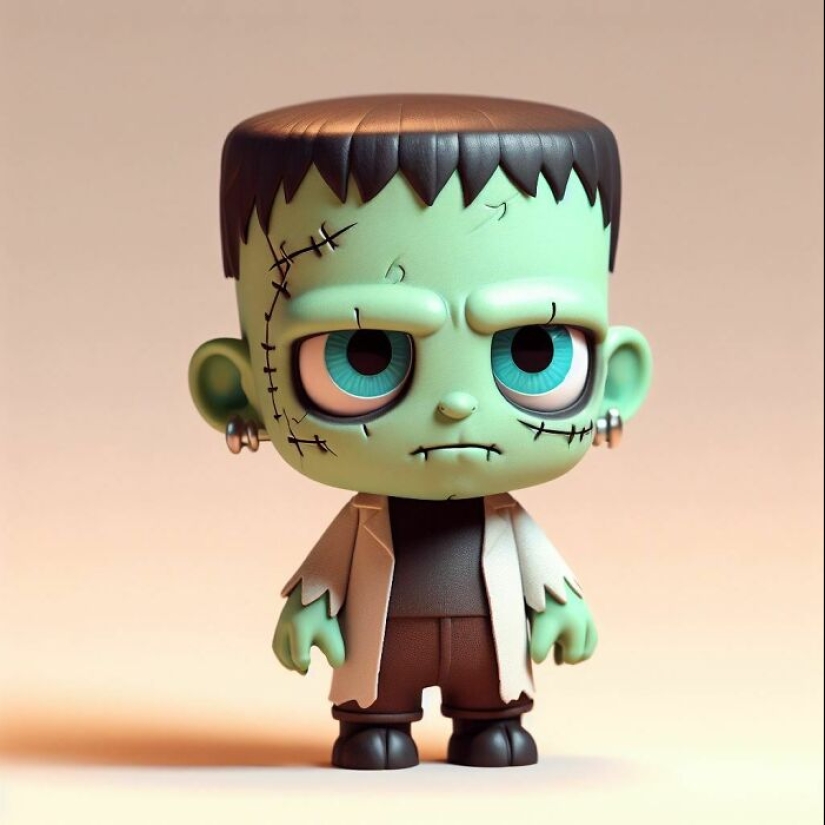
#8 Frankenstein's Monster
Frankenstein's Monster, also known simply as "the Creature," is a fictional character from Mary Shelley's 1818 novel "Frankenstein; or, The Modern Prometheus." Created through a scientific experiment by Dr. Victor Frankenstein, the Creature is a tragic figure, misunderstood and shunned by society due to his grotesque appearance. This iconic character explores themes of scientific ambition, creation, and the consequences of playing god, serving as a timeless symbol of the ethical and moral dilemmas associated with scientific advancement and human actions in the face of the unknown.
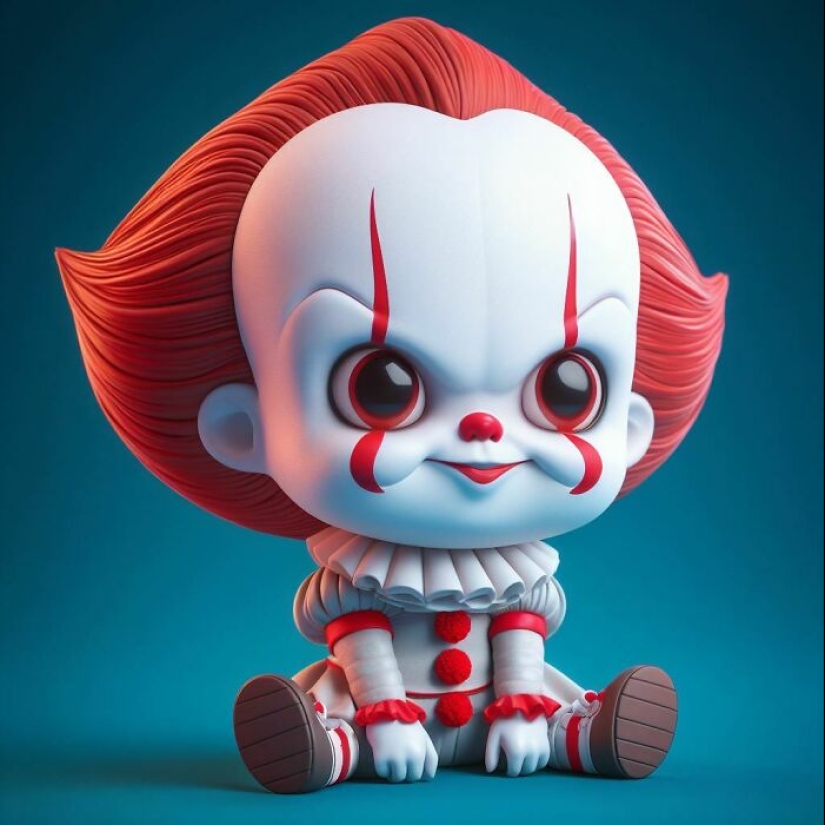
#9 Pennywise
Pennywise is a fictional character and the main antagonist in Stephen King's 1986 horror novel "It." Pennywise is a shape-shifting entity that often takes the form of a clown to prey on the fears of children in the town of Derry, Maine. Its true form is an ancient cosmic entity that awakens every 27 years to feed on the fear of its victims, particularly children.
Pennywise gained further recognition through film adaptations, notably in the 1990 miniseries "It" and the two-part film adaptation released in 2017 and 2019. The character has become an iconic symbol of fear in popular culture, known for its eerie clown disguise and the ability to exploit the deepest fears of its victims.
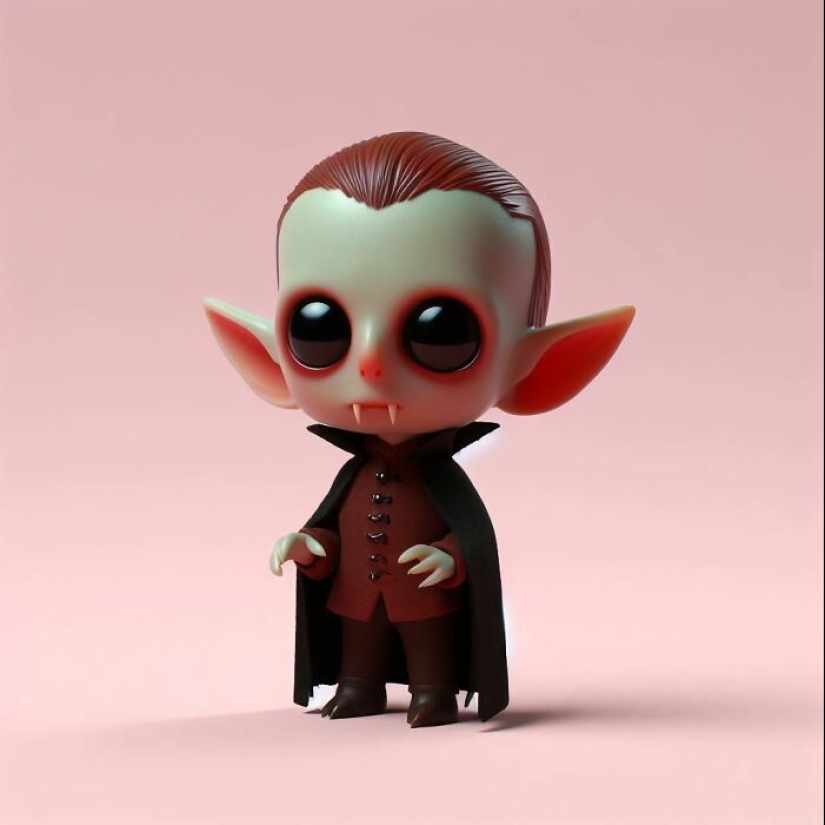
#10 Dracula
Dracula is a fictional character created by Irish author Bram Stoker in his 1897 novel titled "Dracula." Count Dracula is a vampire, depicted as a centuries-old nobleman with the ability to transform into a bat and drink the blood of the living to sustain himself. He hails from Transylvania, and the novel tells the story of his attempts to move to England to spread the undead curse and the efforts of a group of individuals to stop him, led by Professor Abraham Van Helsing. Dracula has since become one of the most famous and enduring figures in horror literature and has inspired numerous adaptations in various forms of media, solidifying his status as an iconic vampire character.
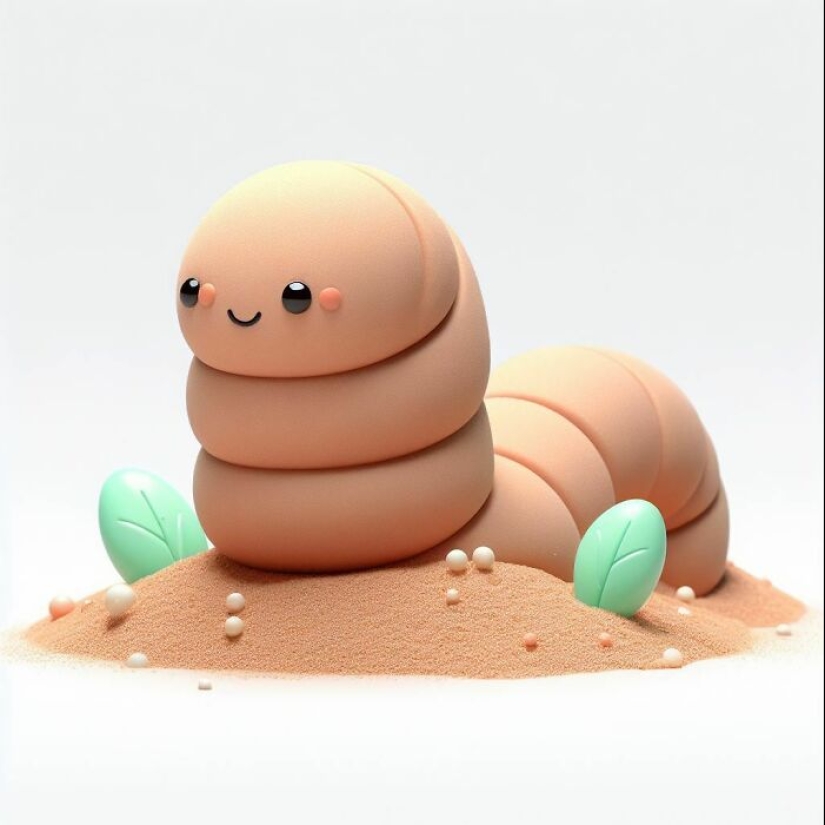
#11 Sandworm (Dune)
Sandworms are fictional creatures from the science fiction novel "Dune" by Frank Herbert, published in 1965, and its subsequent adaptations, including films and television series. These colossal, desert-dwelling creatures are a central element of the planet Arrakis, also known as Dune, which is the primary setting of the story.
Sandworms are enormous, carnivorous beings that live beneath the vast desert sands of Arrakis. They play a crucial role in the planet's ecology because their bodily fluids, called "melange" or "spice," are the most valuable substance in the universe, sought after for their prescient properties. The harvesting of spice and the dangers posed by sandworms are central themes in the "Dune" series, making these creatures iconic and emblematic of the harsh and mysterious world of Arrakis.
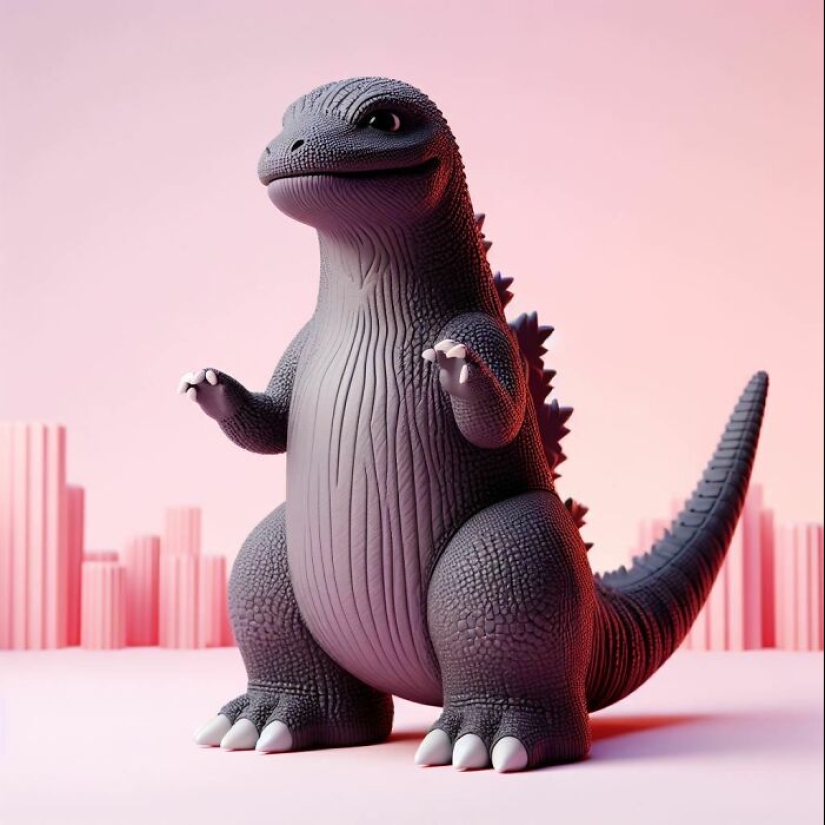
#12 Godzilla
Godzilla is a fictional giant monster and an iconic figure in Japanese pop culture. Created by Toho Company, Godzilla first appeared in the 1954 film "Godzilla," also known as "Gojira" in Japanese. Often depicted as a massive, prehistoric creature awakened or mutated by nuclear radiation, Godzilla is known for its destructive power and battles with other monsters and humanity. Over the decades, the character has starred in numerous films, becoming a symbol of nuclear anxiety and a representation of the consequences of atomic warfare. Godzilla has a vast fanbase and remains a prominent and enduring figure in the world of kaiju (giant monster) cinema.
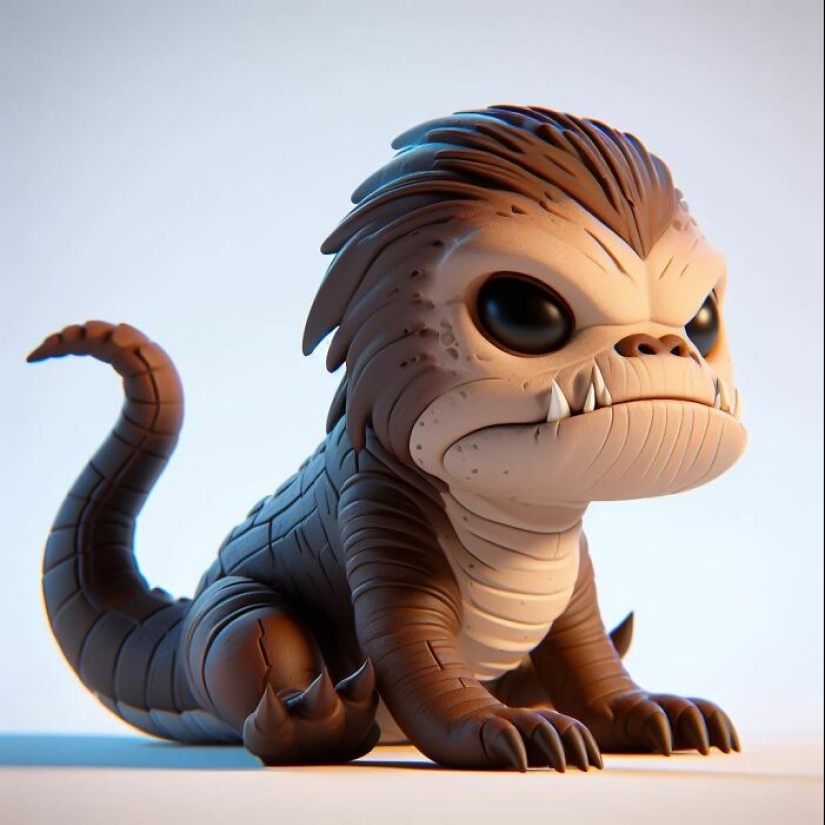
#13 The Rancor
The Rancor is a fictional creature from the "Star Wars" universe. It is a massive, reptilian, carnivorous beast kept by Jabba the Hutt in his palace on the desert planet Tatooine. The Rancor is known for its immense size, sharp teeth, and powerful claws, making it a formidable and deadly opponent.
In "Star Wars: Episode VI - Return of the Jedi," the Rancor is used by Jabba as a means of execution, and it faces off against Luke Skywalker in a memorable battle scene in Jabba's palace. Ultimately, Luke manages to defeat the Rancor by causing a heavy gate to fall on it. The Rancor's appearance and role in the film have made it a notable creature in the "Star Wars" franchise, adding to the rich tapestry of alien species and monsters in the galaxy far, far away.
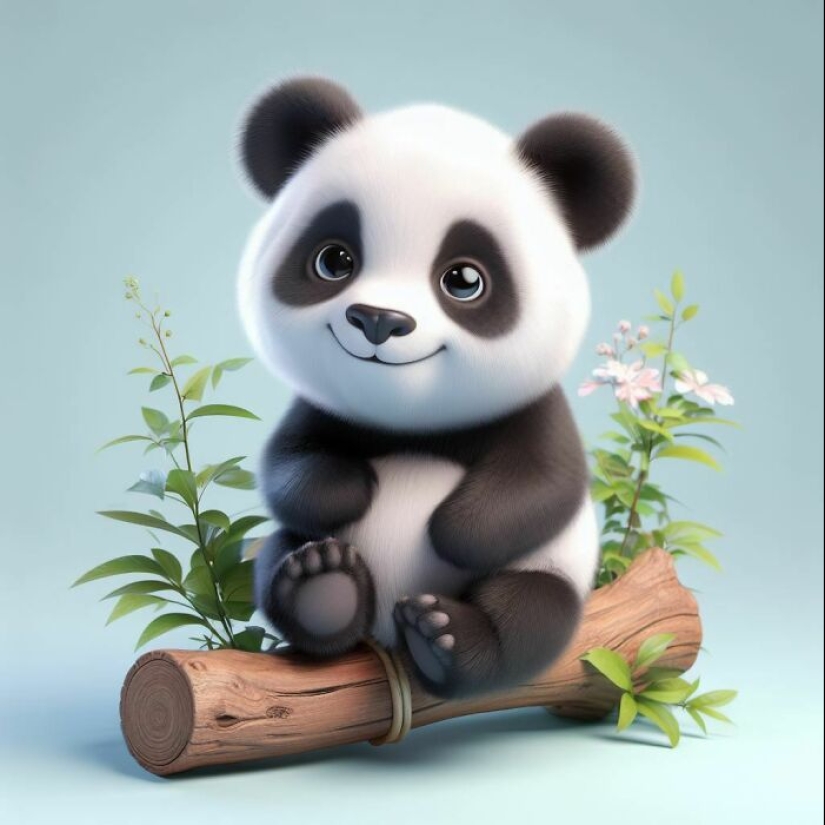
#14 Panda
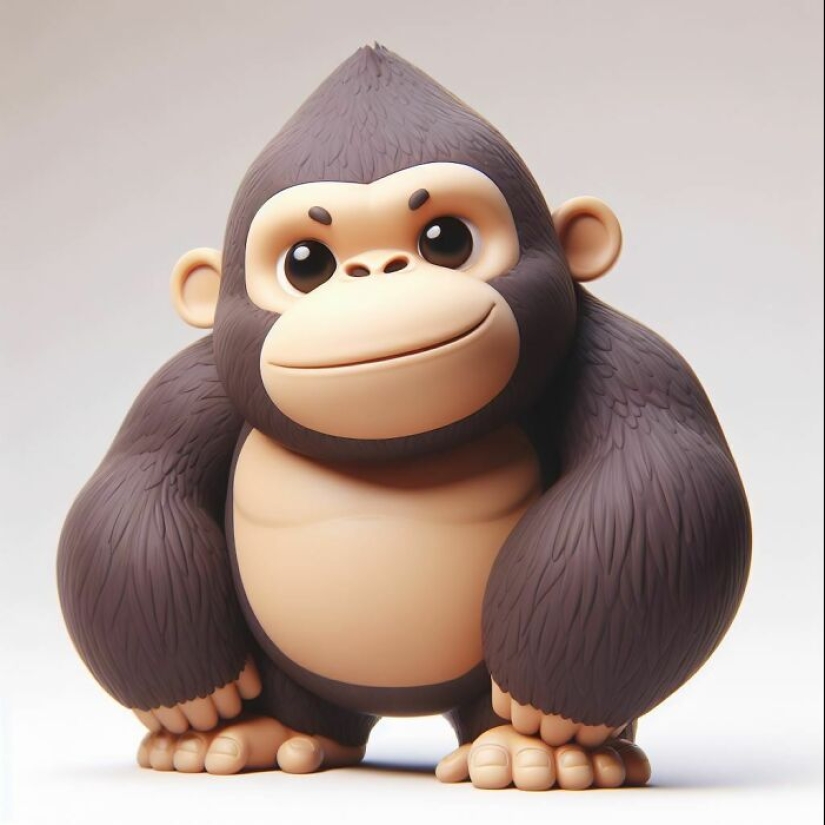
#15 King Kong
King Kong is a fictional giant ape character that first appeared in the 1933 film "King Kong," directed by Merian C. Cooper and Ernest B. Schoedsack. The story revolves around a colossal ape, King Kong, discovered on a remote, uncharted island called Skull Island. Captured and brought to New York City, Kong becomes a spectacle and ultimately meets a tragic fate atop the Empire State Building.
King Kong is known for his immense size, powerful presence, and the tragic beauty of his story. The character has been the subject of numerous films, including remakes and spin-offs, as well as various forms of media, solidifying his status as an iconic and enduring figure in the world of cinema and pop culture.
Keywords: Monsters | Digital creations | Cute monsters | 3D renders | Famous monsters | AI
Post News ArticleRecent articles

Blogger Steve spring (Steve Spring) shared three effective tips on how to not only lose weight that kills you, but also to lead a ...

Since 1970‑ies in the neighboring cities of Rostov-on-don, Shakhty and Taganrog was sent to jail 37 serial killers, who killed ...
Related articles

Polish artist Jakub Rozalski was born in Krakow but lives in Hamburg. Paintings of Jakub is a real opportunity to make a journey ...

In the 1970s, such a strange genre as horror-erotica flourished. The popularity of this topic was mercilessly exploited by hundreds ...

Australia is a very far continent from us, so much so that many people are used to joking that everything is upside down there. ...

One head is good, two is better. Cute animal one is good, two is better! In this issue you will see not one, but two lovely ...